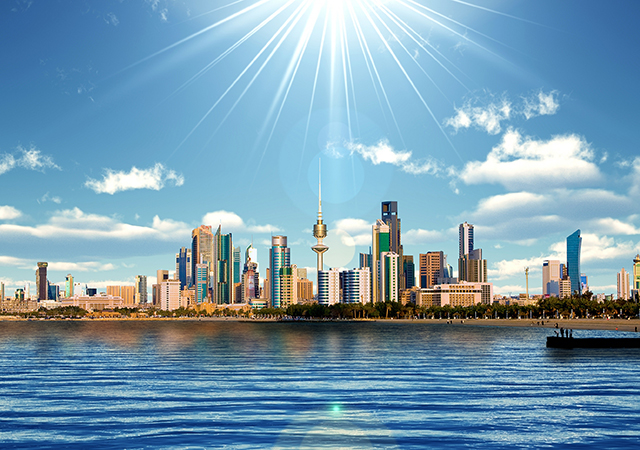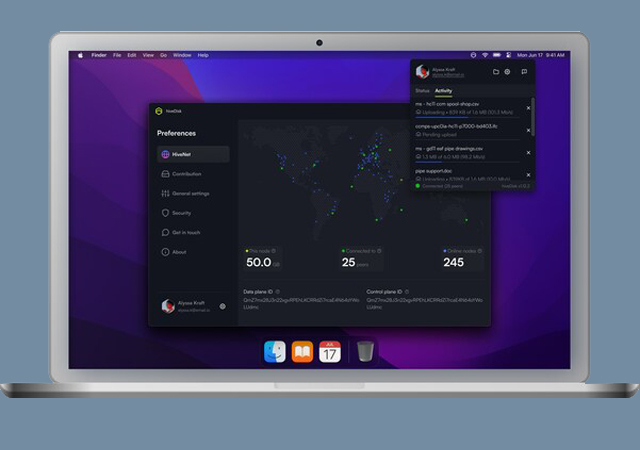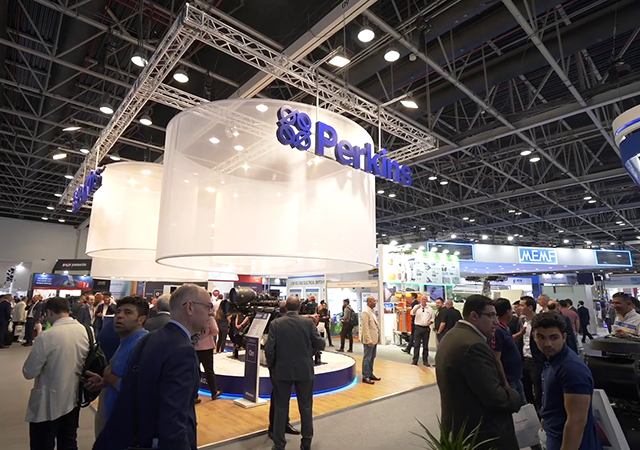
 The Emal power plant in Al Taweelah, Abu Dhabi
The Emal power plant in Al Taweelah, Abu Dhabi
Between the captive power plants at its two world-class production facilities in Dubai and Abu Dhabi, UAE-based aluminium giant Emirates Global Aluminium (EGA) can generate up to 5,450 MW every hour – enough electricity to power a medium-sized city.
This power generation capability will support EGA becoming one of the top five aluminium producers in the world, with an annual production of some 2.4 million tonnes by the end of 2014 from its Dubal plant in Jebel Ali, Dubai, and the relatively newer Emal plant in Al Taweelah, Abu Dhabi. That’s because aluminium smelting is an energy-intensive business that relies on a continuous supply of energy for business continuity – turn-off the power, and an aluminium plant literally sets solid.
With energy accounting for at least one-third of production costs, supply constraints and rising energy prices worldwide have placed the aluminium sector under increasing pressure, contributing to smelter closures in several regions. Although energy is a readily available resource in the Gulf, and EGA’s operations are essentially self-sufficient in terms of electricity generation, the company has pioneered an energy-conscious culture in the region by emphasising the importance of conserving energy and implementing energy-efficient improvements to its operations.
MINIMISING CONSUMPTION
Indeed, EGA works continually to minimise the power consumption across its operations. The Dubal Power Plant currently consists of 23 gas turbines and seven steam turbines capable of generating up to 2,350 MW of power, while the Emal Power Plant consists of nine gas turbines and four steam turbines capable of generating up to 3,100 MW of power. The primary fuel source is purchased pipeline natural gas. However, the cogeneration and combined cycle configuration of the two power plants means that more than one-third of the power generated by EGA’s operations is fuel-free through the steam turbines.
 |
|
The Dubal power plant in Jebel Ali, Dubai |
Thanks to on-going innovations and upgrades, the thermal efficiency of the Dubal Power Plant has improved significantly over the years, and in 2013 was 46 per cent. This remarkable improvement has resulted in increased power generation to produce hot metal, while the fuel requirement increment is proportionately less. By comparison, the thermal efficiency of the newer Emal power plant was 47.85 per cent in 2013. Moreover, efforts at Dubal’s power plant alone have resulted in fuel consumption being reduced by 26 million standard cu ft per day between 2010 and 2013, with an associated decline in carbon dioxide emissions of 500,000 tonnes.
These performance improvements at Dubal are in line with the Dubai Integrated Energy Strategy 2030 (DIES 2030), driven by the Dubai Supreme Council of Energy (DSCE) which targets efficient energy use to meet the emirate’s environmental and sustainability objectives. The latter include a reduction in energy demand by 30 per cent by 2030 through optimised energy usage; and diversification of the energy mix to reduce dependence on natural gas to 71 per cent by introducing nuclear and clean coal power stations (24 per cent) and solar power (5 per cent). DIES 2030, in turn, is aligned with the UAE Vision 2021, in terms of energy and sustainability – specifically rational use of energy and water, promoting air quality, encouraging conversion of waste to energy, clean and renewable energy, water security, sustainable transport and rational fuel use.
By implementing directives issued by the DSCE – such as fitting energy-saving bulbs, setting air-conditioners at optimum cooling temperatures, and turning off non-essential lights and equipment after working hours – Dubal saved approximately 28 million MWh between April 2012 and the end of 2013. Direct support has also been provided for the DIES 2030 strategy by contributing Dh20 million to the cost of building Phase I of Sheikh Mohammed bin Rashid Solar Park, which is destined to produce 1,000 MW by 2030.
RECYCLING AND SUSTAINABILITY
In addition, Dubal and Emal ‘recycle’ energy – both use waste steam from the power generation process to power sea water desalination plants at their respective sites. The Dubal Desalination Plant uses multi-stage flash evaporator technology to produce up to 30 million gallons of fresh water per day; while the Emal Desalination Plant uses reverse osmosis technology and can produce up to 3.75 million gallons of fresh water per day.
For EGA, the bigger picture is one of sustainability across every aspect of its operations, from protecting the environment to using less energy. This way, EGA will help build a sustainable future for the UAE and its people, while simultaneously contributing to efforts to save the planet as a whole.












